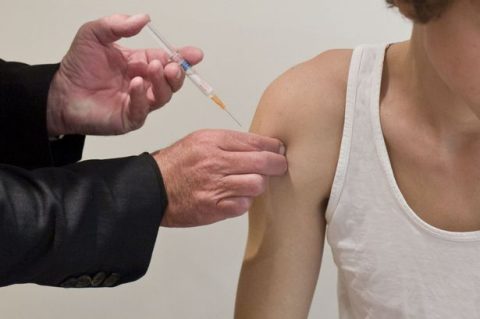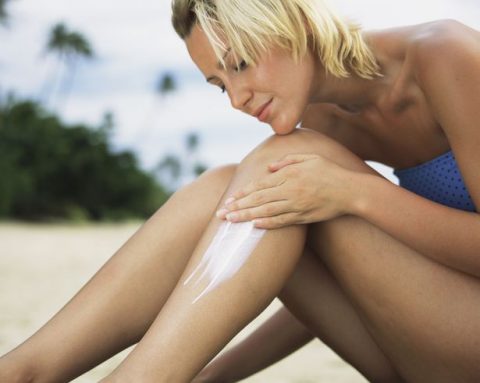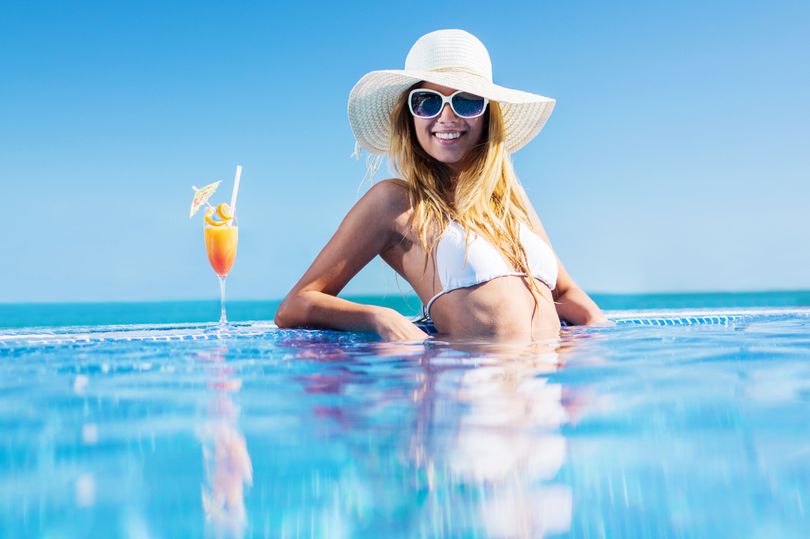For your peace of mind when heading abroad you need a good first aid kit.
It should contain lots of sunscreen, insect repellent with 20% or more of DEET, and a variety of dressings, blister remedies and bandages, motion sickness tablets, and antacid for indigestion.
To stay healthy while travelling ensure you’re up to date with routine vaccinations.
These should include MMR, chickenpox, diphtheria-tetanus-pertussis, polio and your flu jab, plus hepatitis A, typhoid and any special vaccination recommendations of the countries you intend to visit.
Don’t forget the need for malaria prevention. The NHS website can help you with this (Google NHS travel vaccinations).

It’s important to eat “safe food” that’s cooked and served hot. Only eat fruit and vegetables you’ve washed yourself in bottled water and also that you’ve peeled yourself.
At all costs avoid street food and undercooked foods like eggs, meat, fish, poultry and salads. There are countries where the purity of water can’t be guaranteed so only drink water from a sealed bottle you open yourself.
Ice too should be prepared from bottled water. Ideally keep your mouth shut when you take a shower or swim in a pool.
Make it a habit to wash your hands as often as you can, and always before eating. I carry a hand sanitiser with at least 60% alcohol and use it frequently.
For tummy problems I have Lomotil and non-drowsy antihistamine tablets from the chemist for allergies and rashes. Take an antiseptic cream for cuts and 1% hydrocortisone cream for sunburn and insect bites.

Cover your sunscreen needs with a special very high SPF for your children and a 30+ SPF for yourself. Don’t believe manufacturers’ instructions that you need to reapply sunscreen only once a day.
You should do it every four hours especially if swimming.
Chlorinated pools are a safe bet, but don’t swim or wade in fresh water in tropical countries especially where sanitation is poor. As some animals carry rabies, don’t touch or feed any you don’t know. If you get bitten wash the wound immediately with soap and clean water and see a doctor asap.
If you’re on long-term medication take a full supply plus some extra doses in case of travel delays.
Make a list of your blood type, any chronic illnesses or serious allergies you have and the generic names of prescription medicines you take.
If you’re on a high altitude holiday (8,000 feet or higher), ask your doctor about medicine to prevent altitude sickness. The water tablet acetazolamide is recommended so take some.
Last but not least check tickets, passport, visas and travel insurance.

